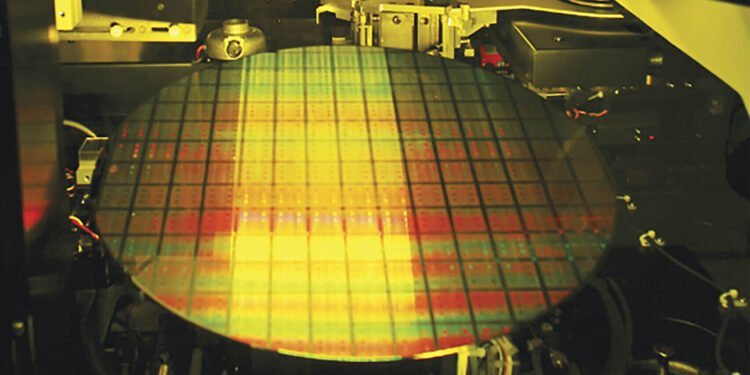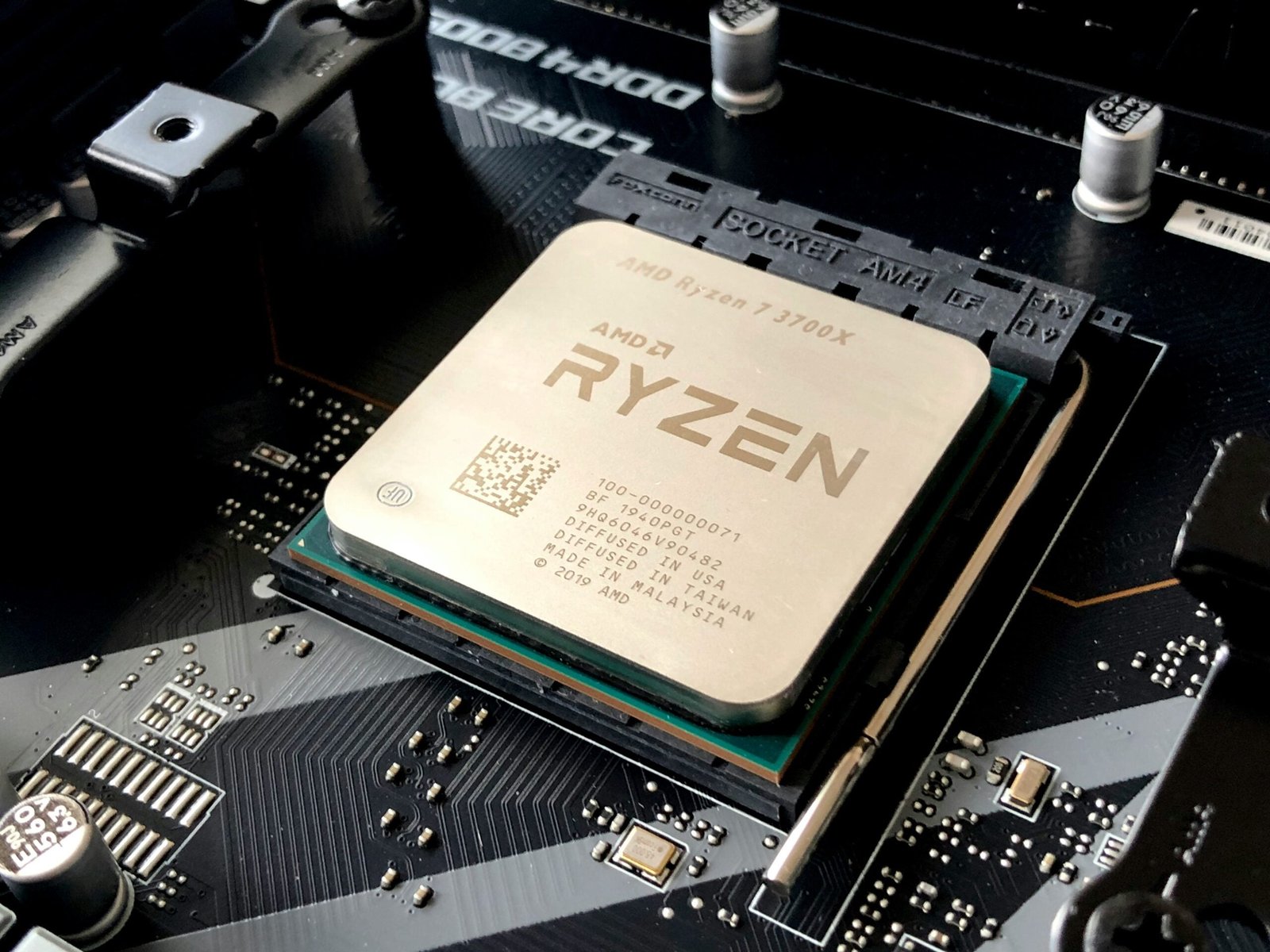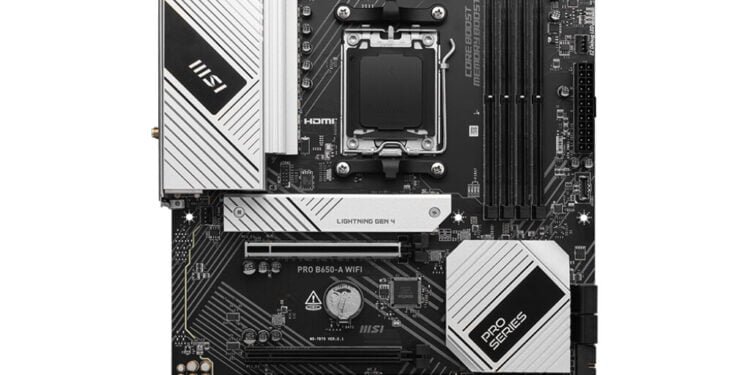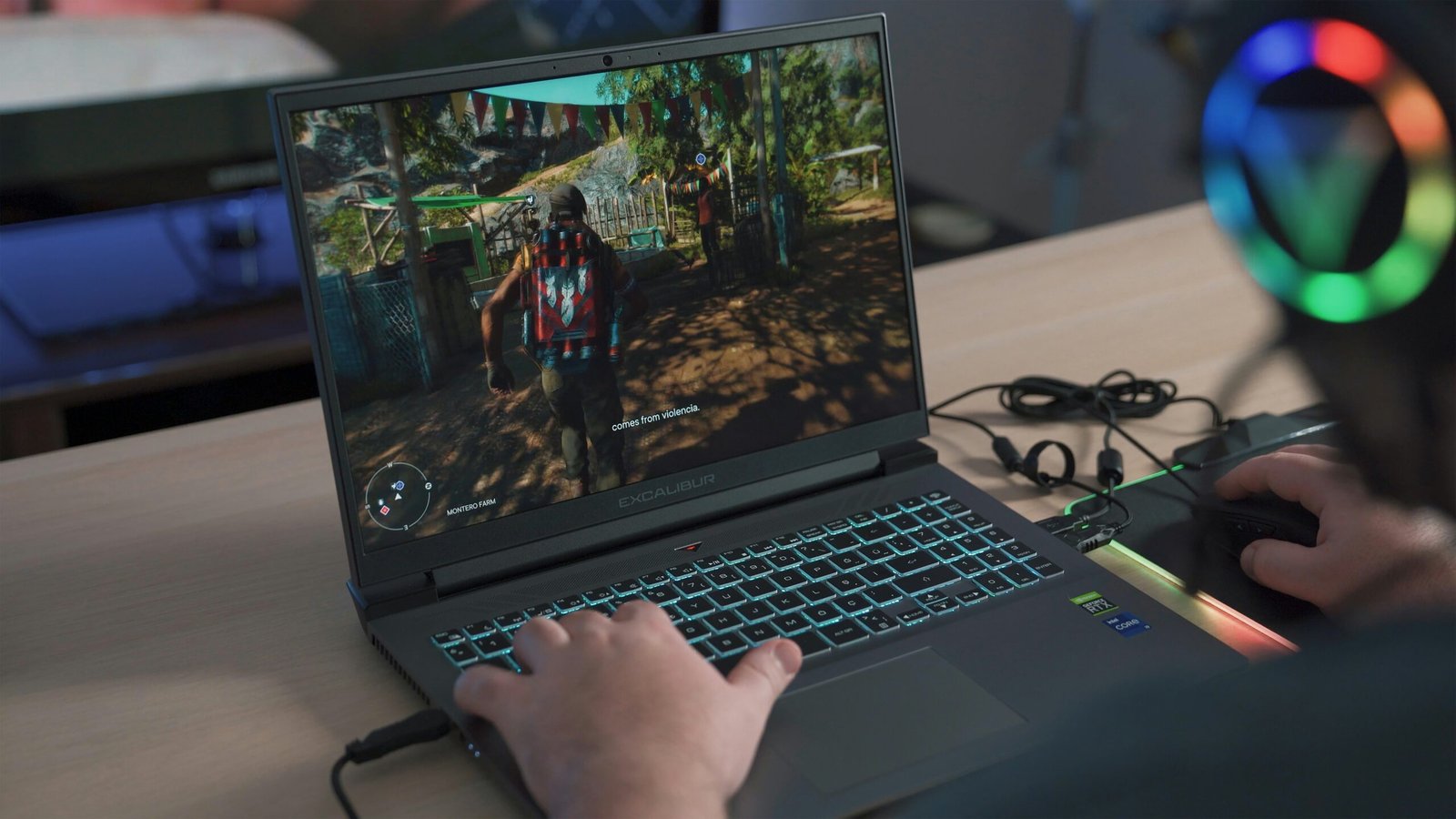
Before we dive into diarrhoea myths (maybe don’t read on if you’re eating!), it’s important to note that pets with diarrhoea need to be monitored for other symptoms, too. Dodging diarrhoea is easier said than done, so knowing how to recognise other signs something’s wrong can be helpful for us and our pets.
Watery pet poo is the most recognisable symptom of an upset stomach, but soft poo is also considered to be diarrhoea. Whether your pet’s poo looks like paste, or as if someone’s spilled coffee, here are some other symptoms to keep an eye out for:
Vomiting.
Looking unwell.
Acting quieter than usual.
Bloated stomach.
Pain (e.g. crying/yelping when picked up).
While it’s worth speaking to a vet if your pet’s diarrhoea hasn’t cleared up within 24 hours, please contact a vet immediately if your pet:
Refuses to eat or drink (especially cats, who can become dehydrated quickly).
May have eaten something poisonous or inedible.
Produces a lot of watery diarrhoea and is vomiting frequently.
Has blood in their poo.
Suddenly appears extremely unwell.
No food for 24 hours after diarrhoea
The jury’s still out on this one…
There’s a common belief that we should not feed a pet for 24 hours after they’ve suffered diarrhoea.
Depending on your pet’s individual situation, the advice about giving no food for 24 hours after diarrhoea will differ.
Remember: You can check in with Joii Pet Care if you want to be sure you’re doing the right thing for your pet!
Some vets feel withholding food for 24 hours can help a dog’s stomach to settle (they don’t tend to suggest withholding food for a cat). Whereas other vets recommend that pets with diarrhoea should be given small, bland meals instead.
Provided your pet is still perky, you might think that taking food from them for 24 hours could help. If you do decide to withhold food from your pet to stop the squirts, remember not to prevent them from eating if they’re:
A cat.
Very young (under a year old).
Senior (over eight years old for a dog ).
Suffering from a health condition or other illness.
Don’t forget: all pets should have constant access to clean, fresh, drinking water.
Is bland food best to stop diarrhoea?
Yes! A bland diet is often recommended for pets suffering an attack of the squits.
It’s understood that a bland diet saves a pet’s stomach from trying to process food that’s difficult to digest – which could cause their diarrhoea to get worse.
When feeding your pet a bland diet, following an episode of the runs, it’s important to give them tiny amounts of food every couple of hours. If your pet eats too much while they have diarrhoea, you may have even more mess to clean up!
Bland foods for dogs:
Boiled chicken breast (without bones or skin).
Plain white rice.
White fish (without bones or skin).
Plain roasted potato (without salt, butter, flavourings, or skin).
Bland foods for cats:
Boiled chicken breast (without bones or skin).
Plain turkey breast (without bones or skin).
Poached white fish (without bones or skin).
Please note: Bland diets are a temporary treatment that shouldn’t last more than a few days.
Do all diarrhoea remedies work?
No! Not all remedies for pet diarrhoea are safe or effective.
For example, there are many ‘diarrhoea cures’ available for pets that have never been approved by vets.
You should also be extremely careful about trusting pet products that haven’t been recommended by your vet, since some seemingly simple ‘remedies’ could cause more harm than good.
Instead of using untested remedies, giving your pet a bland diet, providing plenty of water, and allowing them to rest may work wonders for their recovery from the squirts.
Should I consult my pet’s vet about diarrhoea?
Yes! If you’ve monitored your pet for 24-48 hours and they haven’t improved, it’s worth contacting a vet if your pet still isn’t feeling quite right.
Diarrhoea isn’t just disgusting to deal with, it can also be a symptom of a more serious health condition. So, speaking to a vet is a great first step on their road to recovery from the trots.
You can always speak to a Joii vet if you need advice about your pet’s diarrhoea. A Joii vet will be able to provide advice and can let you know whether you need to take your pet to see a local vet or not.
Is diarrhoea always dangerous?
No! Diarrhoea isn’t always dangerous. For most pets, a tango with the trots is no big deal, and tends to go away within a day or two.
Although there’s usually no reason to worry if your pet’s poo is a little on the loose side, diarrhoea can be a sign something sinister is lurking under the surface.
Here are a few pet health conditions and illnesses for which diarrhoea is recorded as a major symptom:
Worms and parasites (e.g. giardia).
Blockage in their digestive system (e.g. foreign bodies, like toys).
Food allergies and intolerances.
Bacterial infection (e.g. salmonella).
Viral infection (e.g. parvovirus).
Inflammatory Bowel Disease (IBD).
Pancreatitis.
Liver disease.
Kidney disease.
If you’re concerned your pet’s diarrhoea could be linked to a health condition or illness, please contact your vet.
Aside from putting you off your dinner, we hope we’ve been able to clear up any concerns about your best fur-iend’s diarrhoea!










